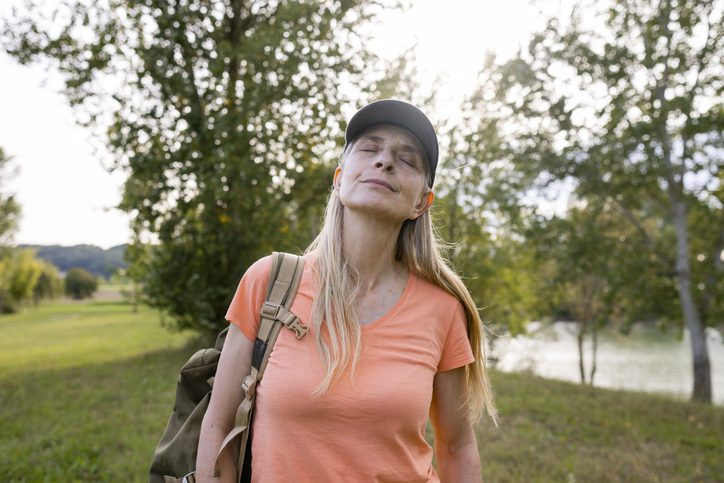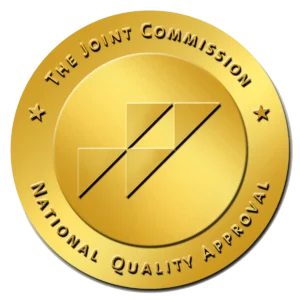Anxiety is one of the most common mental health concerns experienced by American adults, with around 40 million adults diagnosed each year. Anxiety disorders are also some of the mental health conditions we treat at The Pavilion at Williamsburg. We strive to provide our patients with a wide range of holistic interventions for managing their mental health. One simple intervention for anxiety that anyone can do at almost any time, in any place, is grounding exercises.
What are Grounding Exercises?
A grounding exercise is a tool that allows someone to manage an intense emotion by steering their attention toward something else or decreasing the intensity of their anxiety. By controlling parts of their brain and body, the person enables the brain to disengage from the fear response that triggers anxiety. Grounding exercises do not replace therapy or medication for managing anxiety disorders, but they are a good addition to a person’s self-care tools.
Examples of Grounding Techniques
There are many different strategies you can try if you find yourself feeling anxious. These can often be done even in busy settings without disturbing others or drawing attention to yourself. Some examples include:
- Focus on your breathing. By spending a few minutes intentionally taking slow, deep breaths, you can decrease your heart rate, which will likely make you feel less anxious.
- Take in your surroundings. Look around and pay attention to all of the sensations around you. Make a mental note of all of the things you can see, hear, smell, touch and taste.
- Hone in on one sense in particular. Keep something intensely flavorful in your desk drawer, purse, or briefcase. Strong mints, a spicy ginger candy, or anything with a powerful flavor that gives you a tingly sensation can help to distract your brain.
- Walk yourself through a familiar process. Whatever you can do from memory, whether it is playing a song on an instrument, cooking a favorite recipe, or repairing a household item, perform that process in your head, step by step, to refocus your mind.
- Describe a nearby object. What color is it? How large? What is its texture? How much does it weigh? What shape is it? What material does it contain? What is its purpose?
- Pick a category and list as many things as you can within that group. It can be anything from dog breeds to types of cars or movies. Try to pick a category broad enough that you can think of a couple dozen items or more. Do this for two or three different categories. This technique works well for children and adolescents as well, if you have a young person in your life who struggles with anxiety.
Benefits of Grounding Techniques
Each mental health management strategy that we teach at The Pavilion has different benefits. The benefits of grounding exercises include:
-
- Minimal risks associated with use – at worst, some techniques may not work for all patients, or a certain strategy might make them feel silly.
- Can be used at any age – grounding strategies are simple enough to teach to small children and work with people of all ages.
- Works well with other mental health interventions – using grounding techniques will not reduce the effectiveness of medications or therapy.
- Can be completed anywhere – if you have a panic attack at work, your place of worship, during your child’s sporting event, or while driving your car, grounding exercises are always available and often undetectable to anyone around you.
- May be beneficial for co-occurring disorders – people with anxiety are often also diagnosed with other conditions, such as post-traumatic stress disorder (PTSD) and chronic physical pain. Grounding exercises can also be beneficial for managing these concerns.
Where to Find Grounding Exercises
If you would like to try out additional grounding exercises, many free videos online can walk you through a variety of other techniques. It is best to practice these when you are not feeling anxious or distressed so that they are familiar enough for you to easily implement when you are struggling.
At The Pavilion, we believe that approaching mental health from many angles is the most effective way to help our patients recover. For this reason, we offer group and individual therapy, nutritional consultation, physical exercise, medication management and education, and more to help the adults and seniors we serve in our Virginia program.






